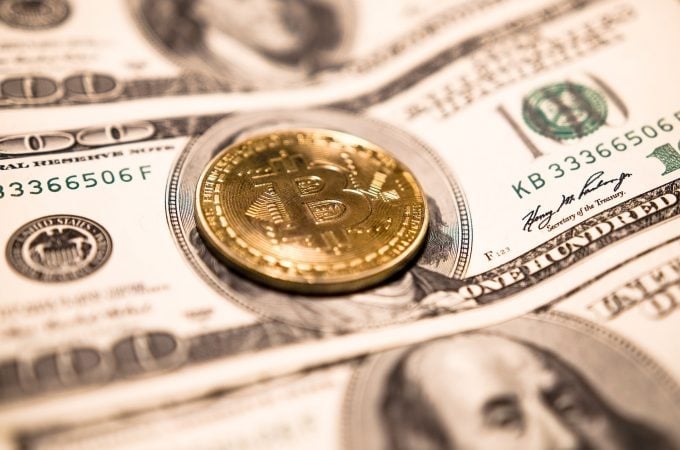PayPal launches “Pay with Crypto”, a new functionality that allows U.S. traders to accept over 100 cryptocurrencies, with fees up to 90% lower than traditional international payments.
Key points to remember:
- Pay with Crypto: a new service which instantly converts payments into crypto, USD or stablecoins.
- Compatible with 100+ cryptocurrenciess: Bitcoin (BTC), Ethereum (ETH), XRP, USDT, Solana, etc.
- Supported wallets: Coinbase, MetaMask, Kraken, Binance, OKX, Exodus.
A tool to simplify global trade?
Beyond the technological aspect, “Pay with Crypto” addresses traditional obstacles to international payments, such as delays and high fees.
Concretely, merchants can receive crypto payments from anywhere in the world, automatically converted into dollars or stablecoins. This approach aims to eliminate friction related to exchange rates or banking delays.
According to the Nilson Report, an international card payment can incur fees of up to 1.57%. With this new option, PayPal applies a flat fee of 0.99% until July 31, 2026, being up to 90% potential savings for merchants.
Adopting this feature could bring several benefits, especially for small and medium-sized businesses and e-commerce players:
- Reduced transaction fees, positively impacting profit margins
- Quick access to funds, with no bank processing delays
- Reach to an international customer base, without currency conversion barriers
- Up to 4% annual yield on PYUSD stored on PayPal (variable rate)
- Convenience for freelancers or remote service providers
- An initiative backed by a strategic partnership
To support this rollout, PayPal is partnering with Fiserv to expand the adoption of stablecoin payments, particularly among small businesses.
CEO Alex Chriss expressed a commitment to making global commerce more accessible, fair, and efficient.
With “Pay with Crypto“, PayPal takes a new step toward integrating cryptocurrencies into online commerce. This service could meet the needs of businesses looking for global, fast, and cost-effective payment solutions.
Shouldn’t the adoption of this solution be accompanied by a careful assessment of the risks associated with crypto-assets and a regulatory framework that remains uncertain?
A deeper trend?
In any case, this alliance fits within a regulatory landscape that is becoming increasingly clear, especially with the introduction of the MiCA regulation in Europe. Société Générale is also mobilizing its subsidiary, FORGE, to develop blockchain projects, such as the adoption of the EUR CoinVertible (EURCV) stablecoin, in collaboration with Bitpanda.
From PayPal’s launch of “Pay with Crypto” to Société Générale’s strengthening of its crypto infrastructure, the landscape is shifting: traditional players are embracing cryptocurrencies with concrete, regulated solutions designed for professionals.









